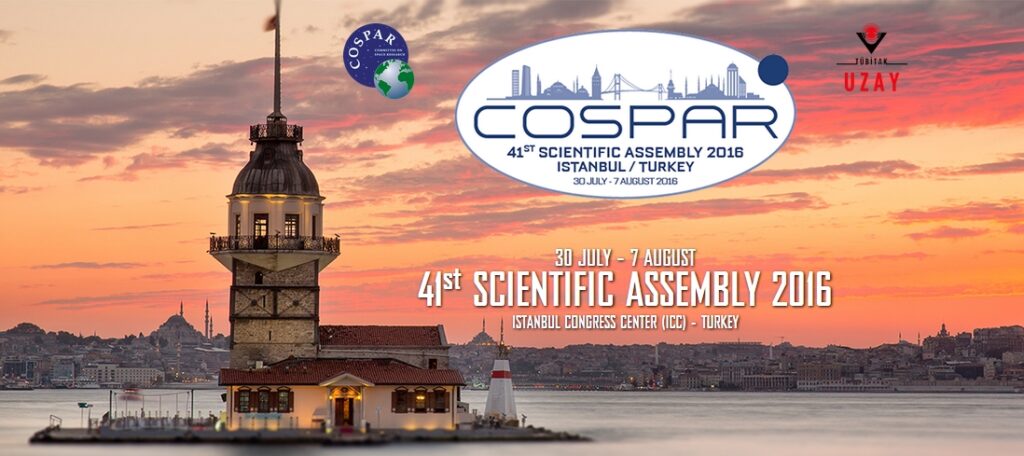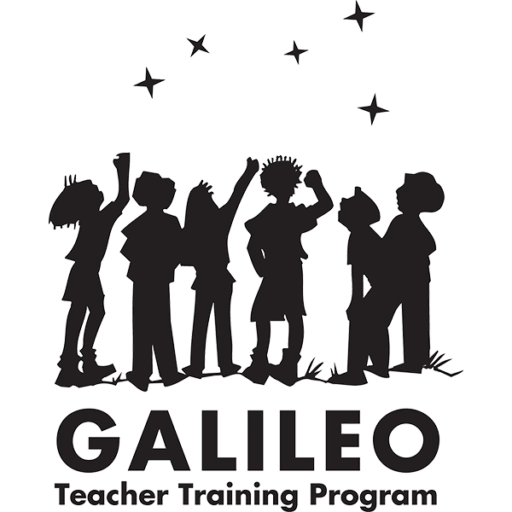
41st Committee on Space Research (COSPAR) Scientific Assembly will be hosted in Turkey from 30 July to 7 August 2016. In this congress, 3000 participants are expected from about 60 countries. COSPAR is an organization of 46 member countries that promotes space research and sharing of results, knowledge and ideas at an international level. During the congress, a teacher training workshop will be held in 6 half day sessions. In this training session we intend to explore tools and repositories that bring real cutting edge science to the hands of educators and their students. A full space exploration will be revealed.
Overview of workshop content:
Planetarium Software – Some tools tailored to prepare an observing session or to explore space mission’s results will be presented in this topic. Participants will also have the opportunity to learn how to plan an observing session. This reveals to be an excellent tool to teach about celestial movements and give students a sense of what it means to explore for instance the Solar System.
Robotic Telescopes – Having planned an observing session the participants will be introduced to the use of robotic telescopes, a very powerful tool that allows educators to address a diversity of topics ranging from ICT tools to the Exploration of our Universe. Instead of using traditional methods to teach about certain subjects for instance: stellar spectra, extra-solar planets of the classification of galaxies, they can use these powerful tools. Among other advantages a clear benefit of such tool is that teachers can use telescopes during regular classroom hours, provided they choose one located in the opposite part of the planet, where it is night time.
Image Processing – After acquiring the images participants will be introduced to Salsa J, an image processing software that allows educators to explore the potential of astronomical images. The first example will be a simple measurement task: measuring craters on the Moon. Further exploration will guide them from luminosity studies until the construction of colour images or movies exhibiting the circular motion of the Sun or Jupiter Moons dance around the planet.
Inquiry Based Learning – In the era of big data it is crucial to develop in students the capacity to creatively find solutions to a diversity of problems. In this session we will share with participants new models to engage students in the use of the scientific method while learning curriculum contents. Examples of cutting edge platforms embedding online labs and assessment tools will be explored.
If you are a teacher or an educator, we encourage you to apply using the below form. Deadline 30 April 2016. Small grants are available for selected participants.
https://docs.google.com/forms/d/19XbfFjd2MDFj5UmX0pJbtN7oA7t1nuQJEIfpzdk5zAY/viewform
